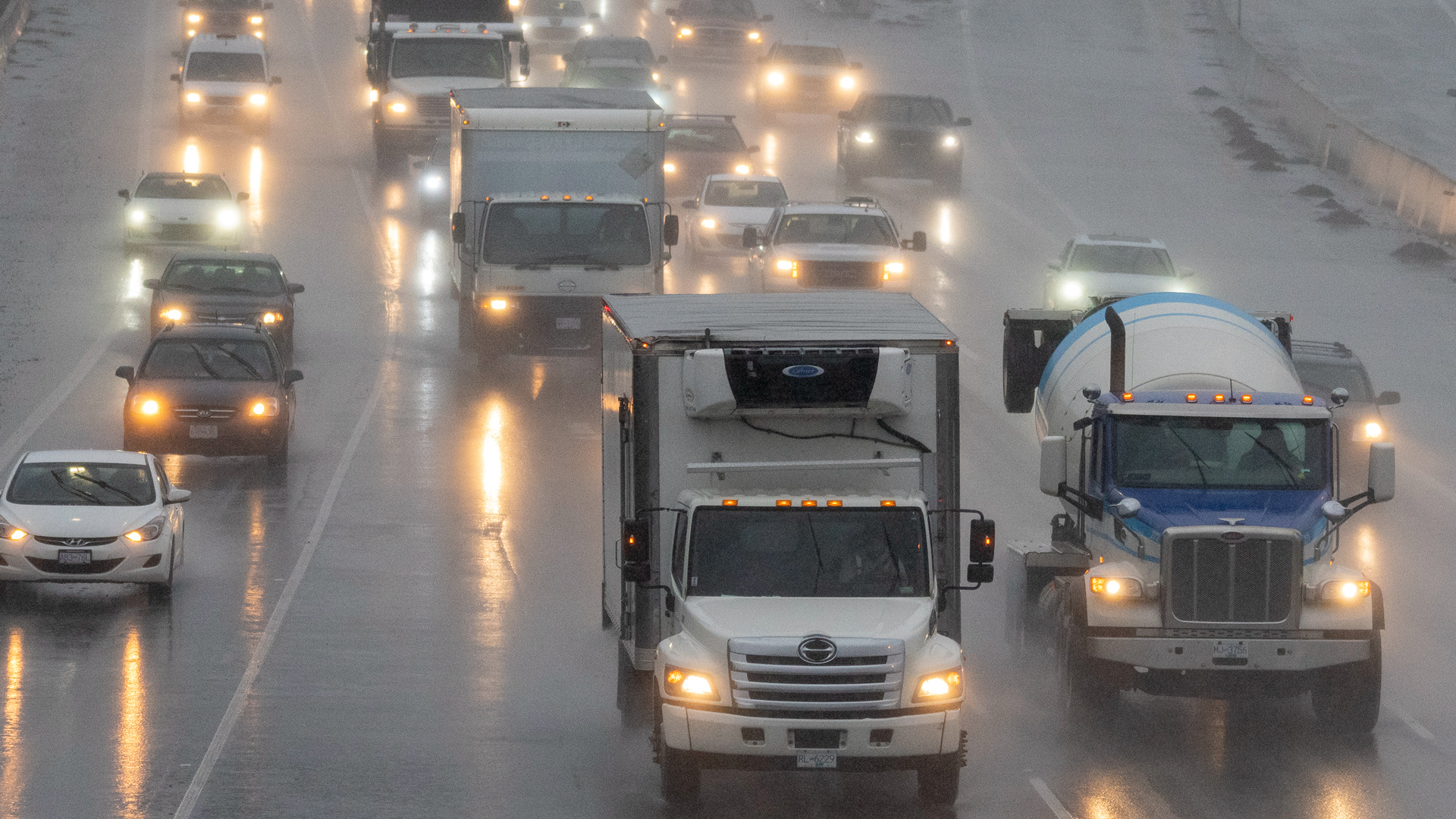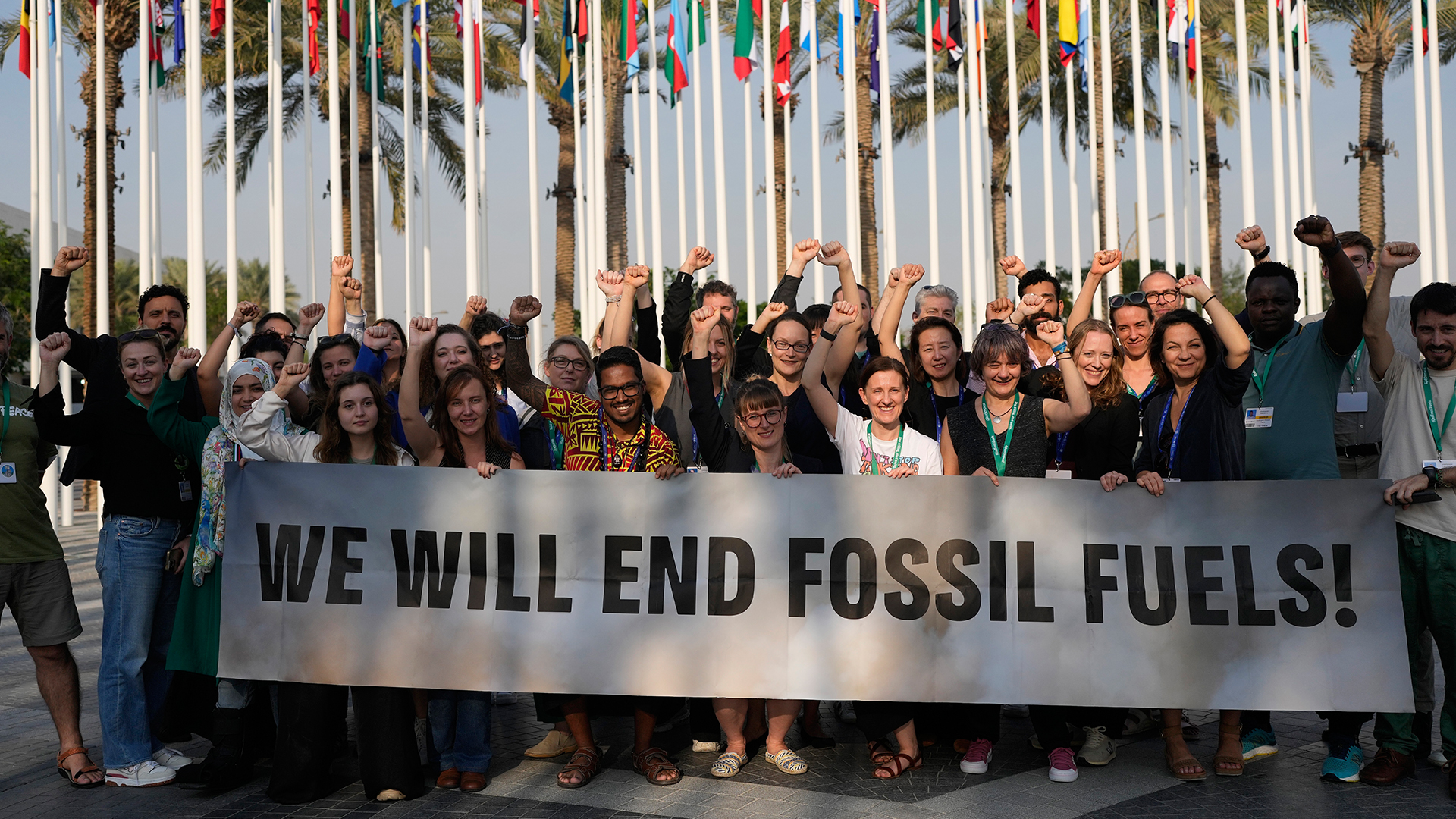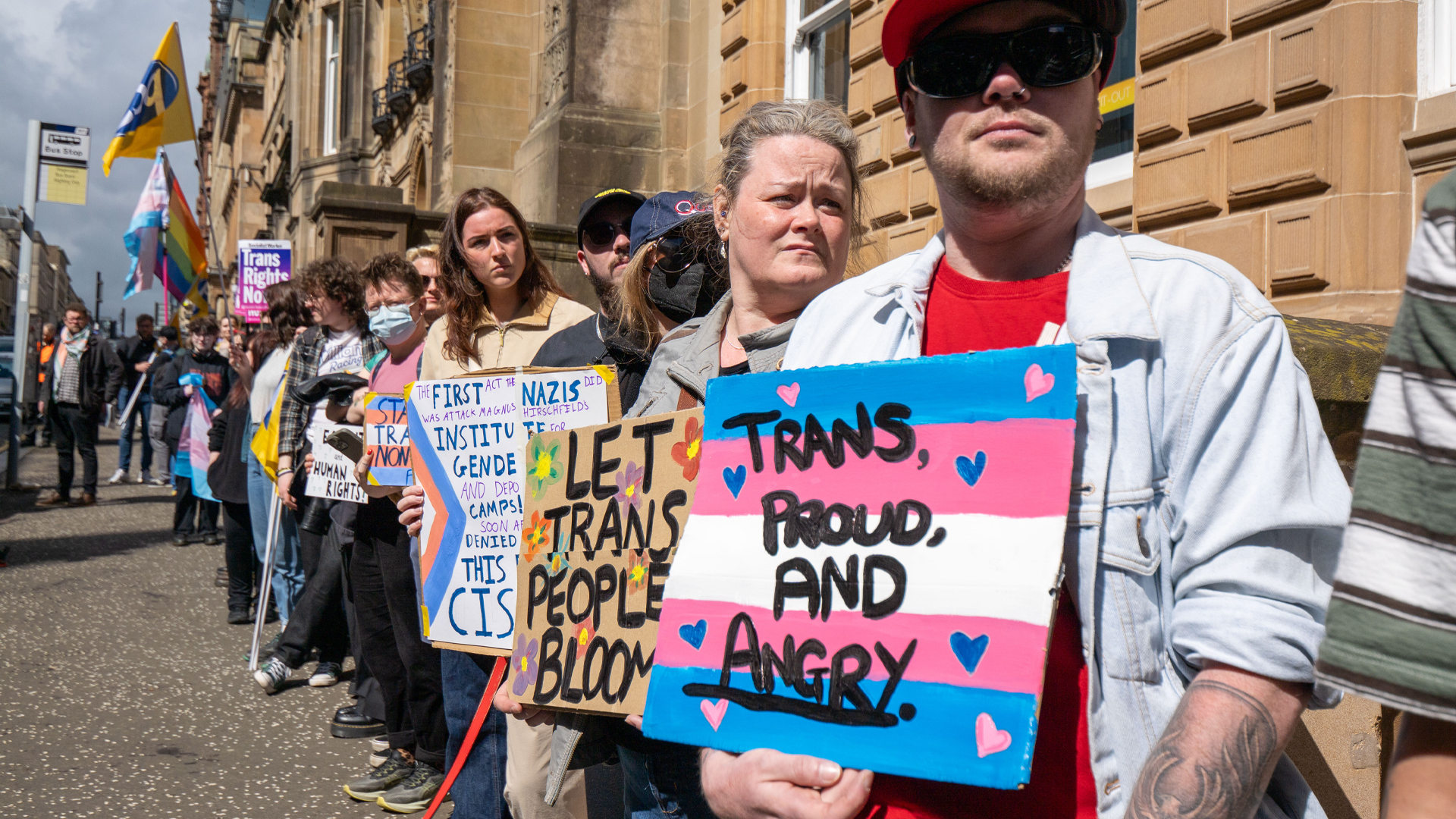
The COP28 climate change talks in Dubai in December ended with a bang.
For the first time in the 30 years of annual meetings, the countries attending the conference finally named the culprit behind global warming that imperils the planet and its inhabitants: fossil fuels. They agreed to “transition away from fossil fuels in energy systems in a just, orderly and equitable manner, accelerating action in this critical decade.”
The signal is clear: the era of fossil fuels is coming to an end. The transition from dirty and dangerous oil, gas and coal to renewables is underway.
U.S. President Joe Biden recently paused approvals of liquefied natural gas exports. The International Energy Agency tells us that for every U.S. dollar spent on fossil fuels today, $1.80 is now spent on clean-energy technologies and infrastructure. Five years ago, that ratio was one-to-one.
Now, we need action from our governments to ensure that the energy transition is fast enough, just and global. Otherwise, we simply won’t succeed at limiting the worst impact of climate change.
Canada must move fast and first
The Paris Agreement of 2015 acknowledges that a transition away from fossil fuels won’t take the same shape in all countries.
As a wealthy country and a major polluter, Canada should be among the first movers. We are the world’s fourth-largest crude oil producer – with a substantial historical responsibility for global emissions – and one of the top five countries responsible for 51 per cent of planned worldwide oil and gas expansion through 2050.
Canada has made significant progress toward reaching its emissions-reduction targets, although it still has a long way to go to do its fair share in the global climate effort.
A legally mandated progress report published late last year shows the government is on track to surpass its interim 2026 target of reducing greenhouse gas emissions by 20 per cent below 2005 levels.
But the risk of missing Canada’s 2030 target rises the longer the government delays tackling the bloated elephant in the room: the oil and gas sector. Emissions from fossil fuel companies have been increasing for years even as they declined in other sectors.
The framework released by the federal government for capping oil and gas emissions shows a much-needed recognition that the industry, if left to its own devices, will not contribute its fair share to Canada’s national climate efforts.
However, the current proposal would have regulations become effective only in 2026 – five years after the federal government first promised an emissions cap.
The imperative of a just transition
It won’t be possible to move quickly without working with people to green the economy in a way that is fair and inclusive. All around the world, right-wing actors are agitating to erode hard-won progress and sow misinformation about climate change.
These tactics have proved effective because decision-makers have not championed climate policies such as green job programs and community-owned renewable energy projects that put working people’s interests over those of industry lobbies and shareholders.
Nor have they committed the public funding needed. Instead, countries such as Canada have been prioritizing market mechanisms such as carbon pricing as the solution to climate change.
That’s why it’s so important to ensure that workers and communities are not left behind and that they have a voice in planning their common future. At COP28, the parties agreed to a work program to discuss the way forward on a just transition, which broadens the scope of the limited public conversation we have been having in Canada.
The federal government has watered down the concept to instead focus on sustainable jobs. Proposed legislation is soon to go to the Senate that would require the government to plan and report on the transition’s labour impacts – an important but insufficient contribution to the work program.
When it develops the plans required under the legislation, the government must support regional and local transition efforts through net-zero agreements with organizations and Indigenous, provincial and territorial governments.
A guide created by Sacred Earth Solar, an Indigenous women-led organization, along with other Indigenous and climate groups, highlights how Indigenous communities are already leading the way as the country’s largest renewables owner outside of utilities.
Indigenous nations are on the front lines of the impact of resource development. Their rights and sovereignty are key to a truly just transition.
Proactive policy is needed to remove barriers faced by Indigenous communities trying to achieve renewable energy sovereignty.
There is no transition without finance
Colombia Environment Minister Susana Muhamad said loud and clear in Dubai that our outdated global financial system punishes climate action instead of encouraging it.
A fast and fair transition requires a significant increase in money from the international community to help developing countries get access to renewable energy. Without that support, a phaseout of fossil fuels is unthinkable in lower-income countries with economies that depend heavily on oil, gas and coal.
Developing countries also face interest rates up to three times those of richer nations, which makes upfront investments in renewables near impossible.
The text negotiated in Dubai recognizes the need to address already locked-in climate impacts with adaptation measures – for example, dikes and seawalls, limited development in coastal areas and flood zones, and restoration of mangroves – as well as funding for loss and damage.
Scale-up renewable energy co-operatives to energize the nation
Canada needs to accelerate its transition to renewable energy
Interregional planning is key to Canada’s hopes for successful energy transition
Adequate climate finance is not only a question of fairness, it’s what will make or break the transition in the tight fiscal context.
While we are already hearing the calls of the austerity sirens, there is no shortage of money available for Canada to pay our share of these costs, both at home and abroad. Our resources simply need to be redistributed so they are not flowing to fossil fuels and the super-rich, but rather to solutions that will bring tangible benefits to people and communities.
The big political discussion at COP29, to take place in November in Azerbaijan, will be how countries can agree to a new climate finance goal beyond the existing $100-billion-a-year target.
Steven Guilbeault, Canada’s environment and climate change minister, has shown skill in the past two years at building bridges. He will have to work throughout this year’s diplomatic calendar to make an increased collective goal on finance possible.
That means Canada must continue advocating for a multi-layered approach to cover all climate action, including mitigation, adaptation, loss and damage. This is something that developed countries have been resisting.
To prove its commitment, Canada must also reverse the worrying trend of its declining funding for international aid, as well as increase its next climate finance pledge.
No time for cynicism
Cynicism is à la mode. Given the state of the planet, it is an easy reaction to the fossil fuel industry, which is setting our world on fire and being let, until now, largely off the hook. While a convergence of crises threatens Canadians and the world, we still have the chance to limit its worst effects.
Elinor Ostrom, the first woman to win the Nobel Prize in Economics, concluded from her research into governance of common resources that there are no panaceas, only possibilities. Decision-makers will act only when we work together to build a collective counterweight to the fossil fuel industry and its allies who profit from our overheating planet.
It’s up to us to make those possibilities so appealing that leaders have no choice but to seize them.









